Recently, I got to speak with Chin Han, who plays Togusa in the upcoming Ghost in the Shell, about acting in genre films, making friends on movie sets, and which classic watch helped him get into character.
You can also listen to the interview from one of our podcast episodes, which starts at roughly 1:25:46.
Rob: First of all, looking at your career history up to this point, films like The Dark Knight, Independence Day: Resurgence, Captain America: The Winter Soldier, you were on Arrow, and now Ghost in the Shell – you’ve done a lot of genre films and TV. Is that something that you had a particular goal for, or did your career just start moving in that direction?
Chin: No, it wasn’t an intentional direction. I started out in the theater and I remember the first few plays being, pretty much, the classics. I did Molière ‘s School for Wives, I did Shakespeare’s Twelfth Night, it just somehow happened that my first American movie, ostensibly, was The Dark Knight. And that obviously opens very specific doors for any actor associated with that particular film because it’s such a seminal film in the world of comic book movies. So, no, it wasn’t intentional. I’m happy to do little independent movies about a family of chefs, which I did with Michelle Yeoh called Final Recipe or a movie about a family moving to Germany called A Different Sun which I did two years ago. When I look back on my career, it’s also kind of funny to me on how it played out that way.
R: In that same vein, while I’ve certainly seen you play various types of characters, a lot of the other roles that I see you in are powerful individuals like businessmen, mobsters, and military commanders. Do you think that’s the result of playing the role successfully when you did and then people wanting you to do it again, or do you think that’s maybe a vibe that you give off as an actor and it feels natural to pull you into that?
C: I think these troubled characters are more interesting to play anyway, in general, because I think they’re, especially the character of the chancellor in Marco Polo, that was multi-layered and complex. Somehow I’m automatically drawn to these characters because they’re conflicted and flawed human beings. I think perhaps that’s why these projects find me as well, as much as I actually find these projects, because I think I find them more interesting and more of a challenge to play.
R: In that level of deepness, you said you like a more complicated character; I’ve heard you say that you choose your projects based on director as well. Is that the most important factor for you, or is it the depth of the character that you’re going to be playing?
C: Well it’s a combination of factors. I think, in film, the director is the commander-in-chief really. In television it’s a little different, but in film it is. Which is why when I look at film choices, I think the director is paramount. After which, I think, the screenplay is equally important because it’s very hard to work off of a script that is not working. I don’t trust that I’m an actor of such great ability that I can make a bad script work so I need the script to be in place and structurally sound and interesting characterizations and then after which, obviously, who your co-stars are are going to determine your experience on the film.
When you do these films, you’re actually away for long periods of time, right? And sometimes you’re isolated and you find yourself in a place that’s further away, like Albuquerque or New Zealand and you’re going to have to spend a lot of time with these people. So I think who you’re going to work with is one of those selling points for me as well when I decide what I want to do.
R: I imagine a movie set is a very close, almost summer camp type of feel, where you’re together for this period of time and it’s all very intense and then you go off in separate directions again. How often do you get to keep in touch with people that you’ve built these friendships with on a movie set? Or is it just a work thing and then you go off and find the next thing?
C: Well, it depends. There are some sets that are special, that the friends that you’ll keep and you’ll keep for years to come. I don’t know what it is about certain sets that encourage that or help with that. I’ve been on movies where, after it’s done, you really don’t stay in touch with most anyone. But, for example, The Dark Knight… I have a few good friends from that movie. It’s been ten years and I still stay in touch with them and I go for coffees and lunch with them and not on a weekly basis, but pretty frequently.
2012 as well; the family I got from Roland Emmerich’s 2012. I’ve stayed friends with a lot of people on that movie as well, and the people from Marco Polo. So yeah, it’s like summer camp and hopefully you can stay friends but a lot of the time, because of the nature of our work as well, they have to be away. They have to be in Iceland shooting something while you’re in Kazakhstan.
R: How often do you get to then loop back around and bump into those people again?
C: It’s surprising because you always do a movie and you’re like, “OK, I’ll see you on the next one” and you’re just thinking you’re going to be working together again for sure. But, it doesn’t happen as often as one might think. Hollywood is a big, big place. You don’t get to work with people twice, but when you do it’s such a joy. I think for something like 2012, I got to work with Roland Emmerich again on Independence Day: Resurgence and meeting up with him and the producers, Larry Franco and Harald Kloser, it was like meeting family again even though we hadn’t worked together for 5 or 6 years. It doesn’t happen as often as you’d like, the looping back.
R: I guess from the outside it looks like Hollywood’s a much smaller place where it would look very different from the inside like that.
C: Yeah, it’s become such a global business anyway. You have actors and directors coming from Europe, you have actors and directors coming from Asia, and it’s a very diverse community at this point in time, which is good. I think ultimately it’s good for the business because it will then be reflected in the work and the movies that we make.
R: In regards to working on TV vs. film, I’ve seen you do some stuff in Arrow and you had your recent run in Lethal Weapon. What are some of the major differences that the general public might not be aware of? Or are they roughly the same when you’re working on TV vs. film?
C: Well, TV is a marathon I think. If you do a season that’s 20 episodes or if you do a season that’s 10 episodes long, which is what I did for Marco Polo, it’s still a very long period of time to be working on something and also the pace of shooting is so much faster. For example, you can shoot effectively 4 or 5 scenes a day for TV. I think that’s easy. But with film, for example, an action set piece in Ghost in the Shell might take days or two weeks to shoot one scene. You have the luxury of that. So I think with film it’s more compact. I think it’s like a high performance athlete, working in film. You just start and then you barrel your way through to the end. Of course, in film, you just gotta pace yourself and keep going for a much longer period of time.
R: Is there one that you prefer over the other or is it two sides of the same coin?
C: I like the idea of the limited series because it’s somewhere in between film and television. It is long enough for you to really allow storylines to unfold in an organic manner, in a more comprehensive manner. It’s also long enough for your characters to be fleshed out in a way that is satisfying for an actor. Sometimes with film, you need to rely on some shorthand for fleshing out your character because you have one and half hours to do it.
So the limited series, I really like that form because it’s not as long as a 20-episode arc, which is to me, it requires a lot of stamina and engagement. Right in the middle is the limited series which I have enjoyed working on.
R: I don’t want to go the whole time without talking about why we’re here, which is of course Ghost in the Shell. What familiarity did you have with the source material going into this?
C: I was familiar with the source material because I grew up with a love for graphic novels, whether they were from the East or West. I think I was very influenced by Frank Miller and Alan Moore’s work. I think they had a profound effect on me. Then going to the anime world of Ghost in the Shell and Akira, the manga, that stuff was really great for me. All those things came out in the 80’s as well, and that was when I was a teenager, and you know how teens are, you just consume this stuff.
I think it was just the right timing as well. This stuff was coming out in the 80’s, I was in my teens, hormones raging, and I’m looking at all the very provocative artwork and provocative stories. I was very influenced by them, so when the option came to do it, I jumped on it because it’s rare that such opportunities come around because they’re so hard to make. You’re translating something from panels in a graphic novel or from animation into live action and that requires a fair amount of skill and attention to detail.
R: And probably just took a long time to even get to that point visually where now we can even do it and they can actually represent that in a live action film.
C: Yes, absolutely. I was at the fan event yesterday at Universal CityWalk and watching the stuff… maybe even a decade ago I don’t think we would have been able to do some of these things and it was very immersive and stunning to look at.
R: To wrap things up, how much do you pay attention then, since you were familiar, how much do you pay attention to the previous incarnations when shaping your particular take on your role?
C: For me, you take Shirow’s manga as the jumping off point, and then the iterations are so different anyway if you look at Oshii’s work or Kamiyama’s Stand Alone Complex or even the new character design-wise and how they animate it so different. I would say that when you’re looking at the character and when I’m discussing it with Rupert Sanders, the director, we try to capture the spirit of it. Instead of being a literal translation from the picture to the live action, we want to capture the spirit of the character.
For example, when we’re looking at costume design stuff, I went through a whole bunch of digital watches to decide on which would best be suited for Togusa and I found one that Rupert loved as well, that was so cool. It was something from the 80’s, something that I grew up with. It was a Casio calculator watch. So, obviously, who needs that now with mobile phones, but we found it. And whether you see it in the movie or not really doesn’t matter… it matters, but it doesn’t matter because it helps capture the spirit of the character and it just felt good wearing it.
Ghost in the Shell hits theaters on Friday, March 31st.
You can follow Chin on Instagram, Twitter, and Facebook.


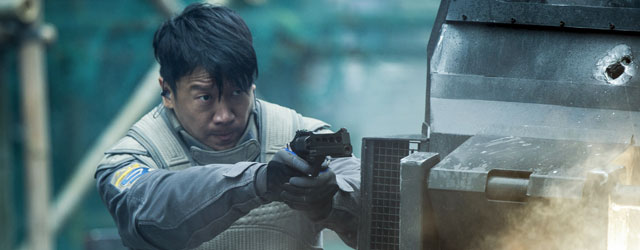
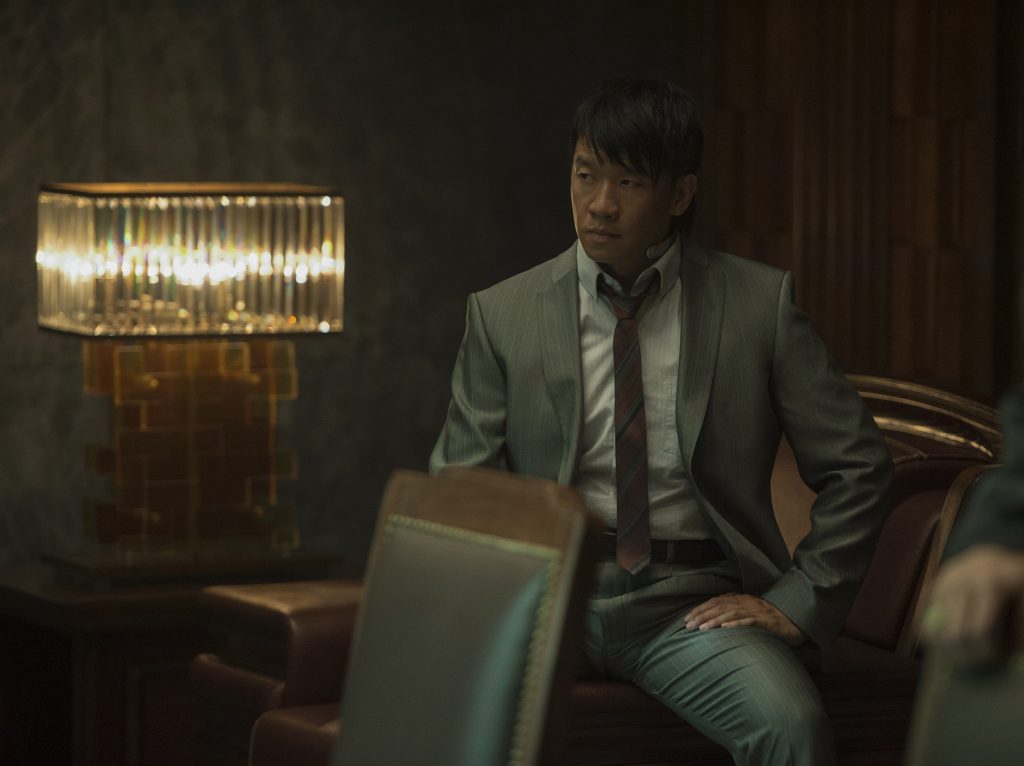
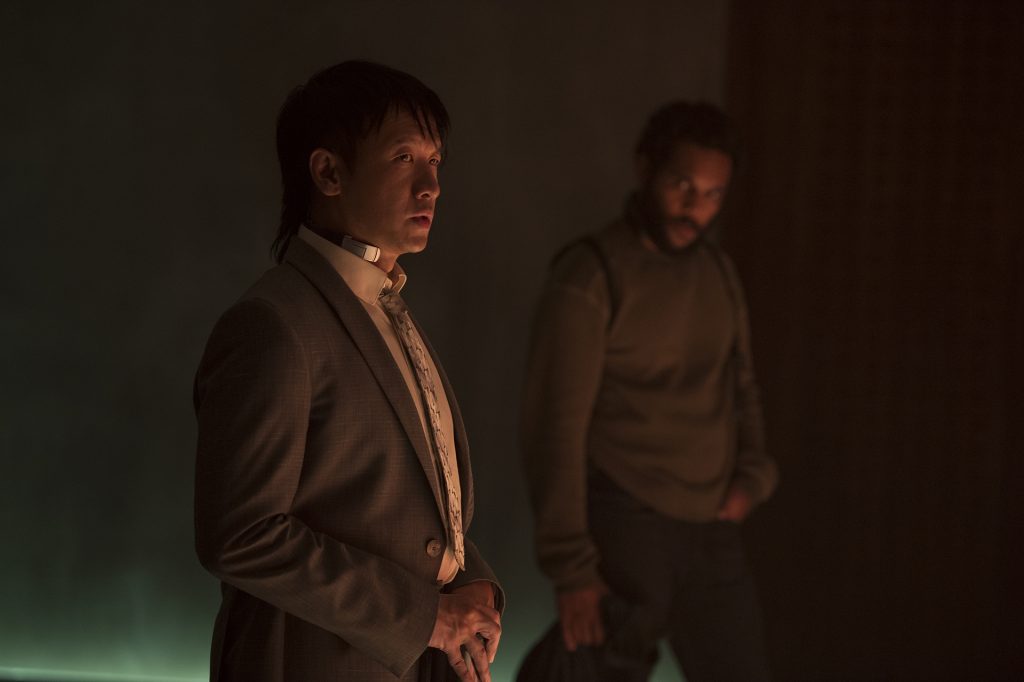
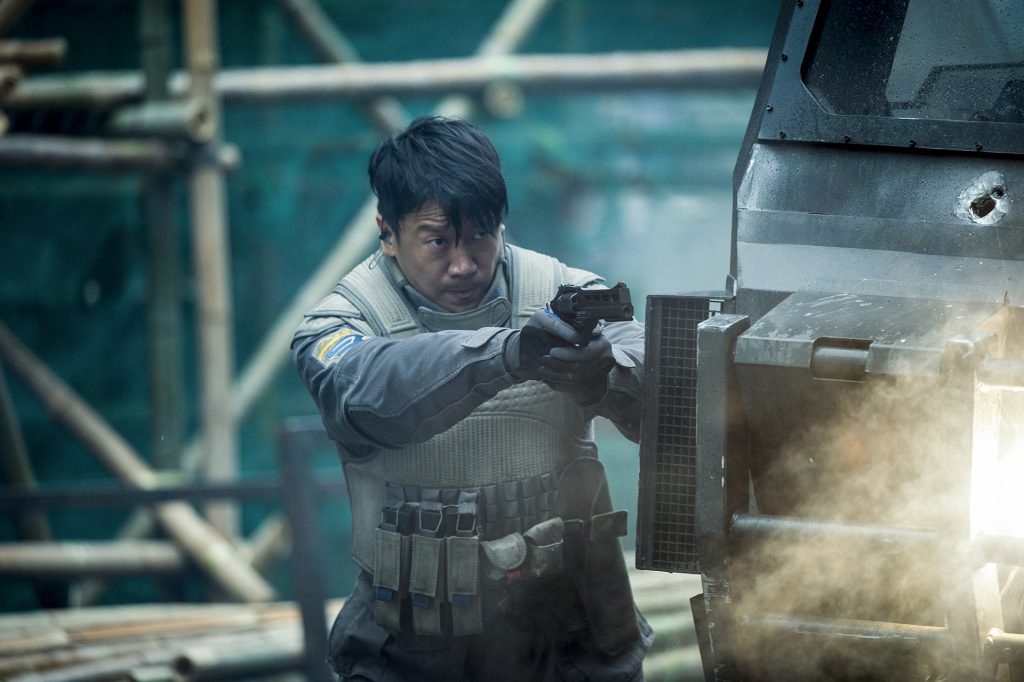





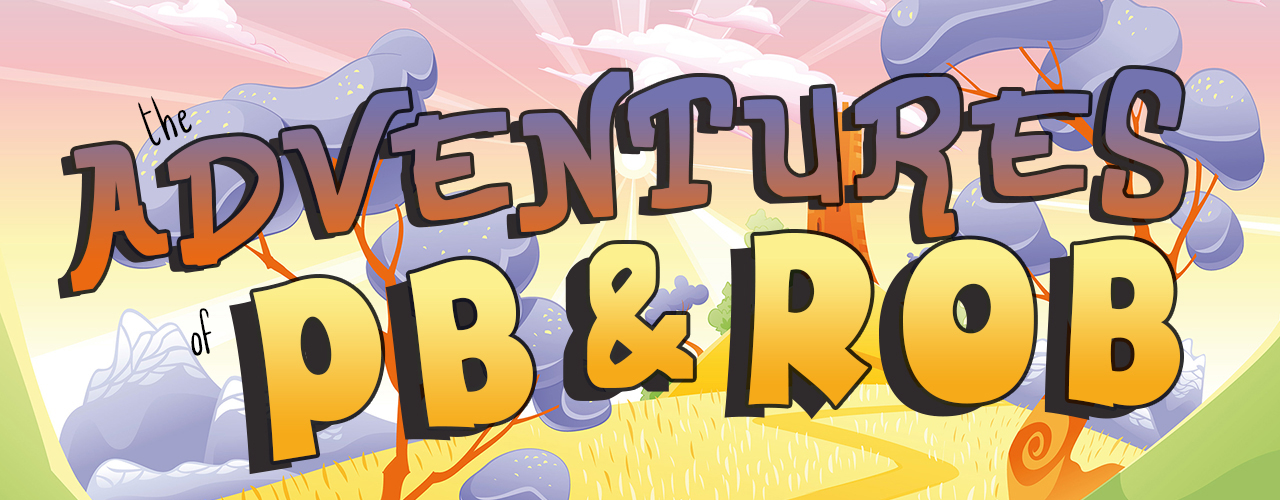
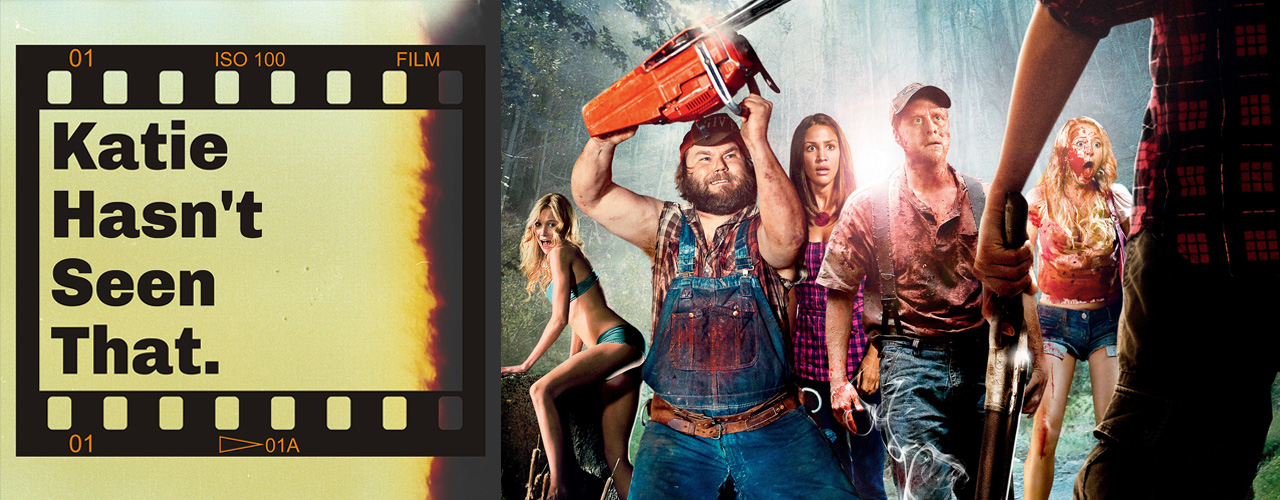
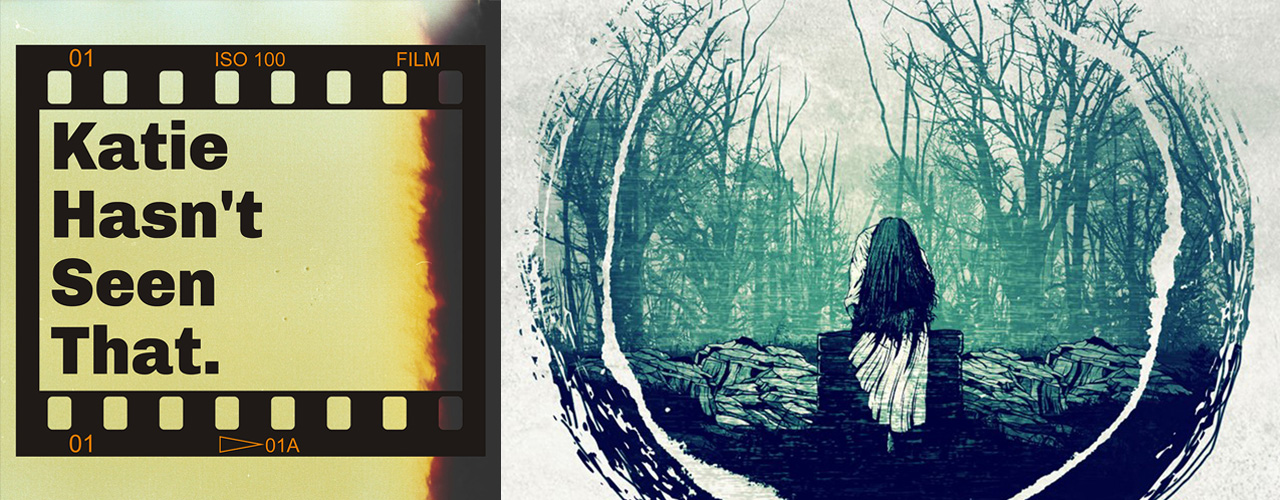
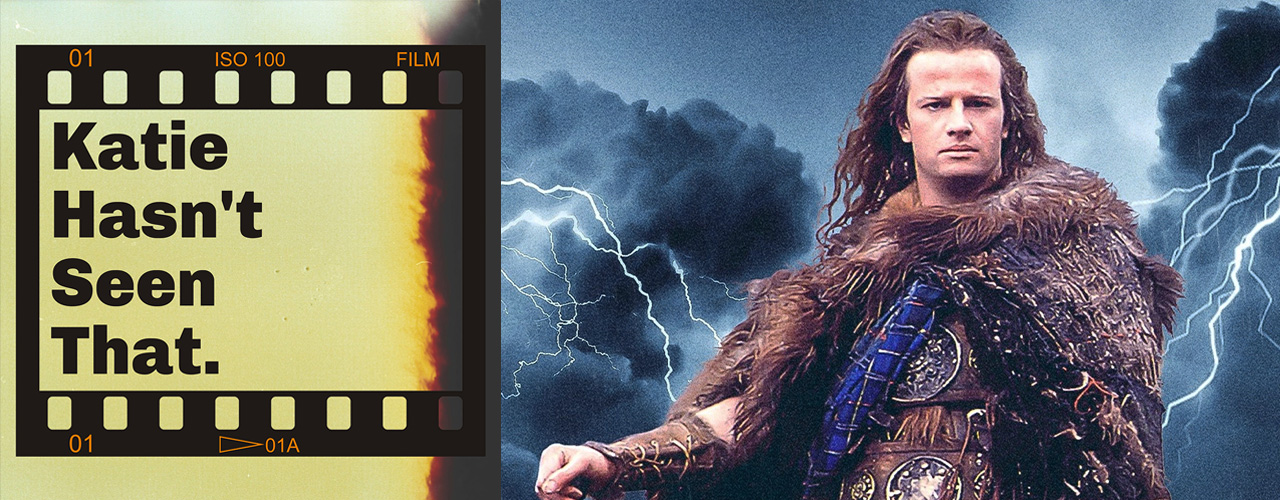


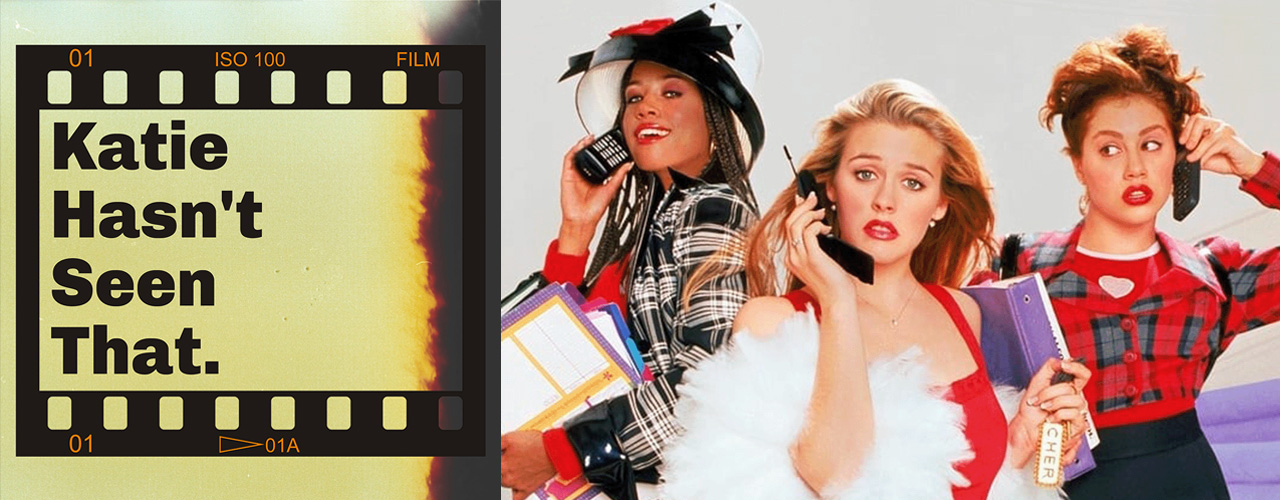
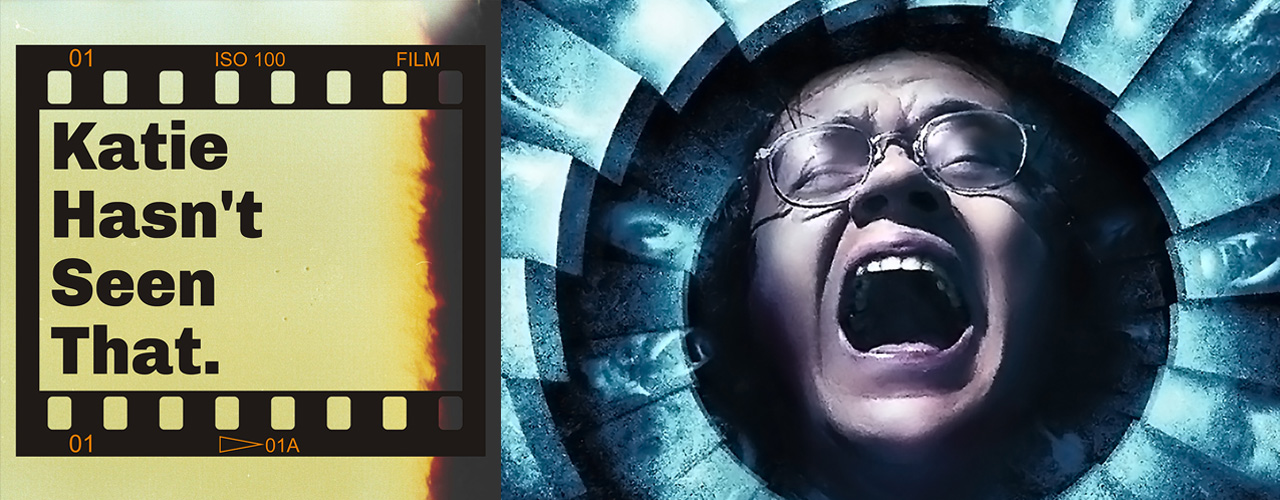
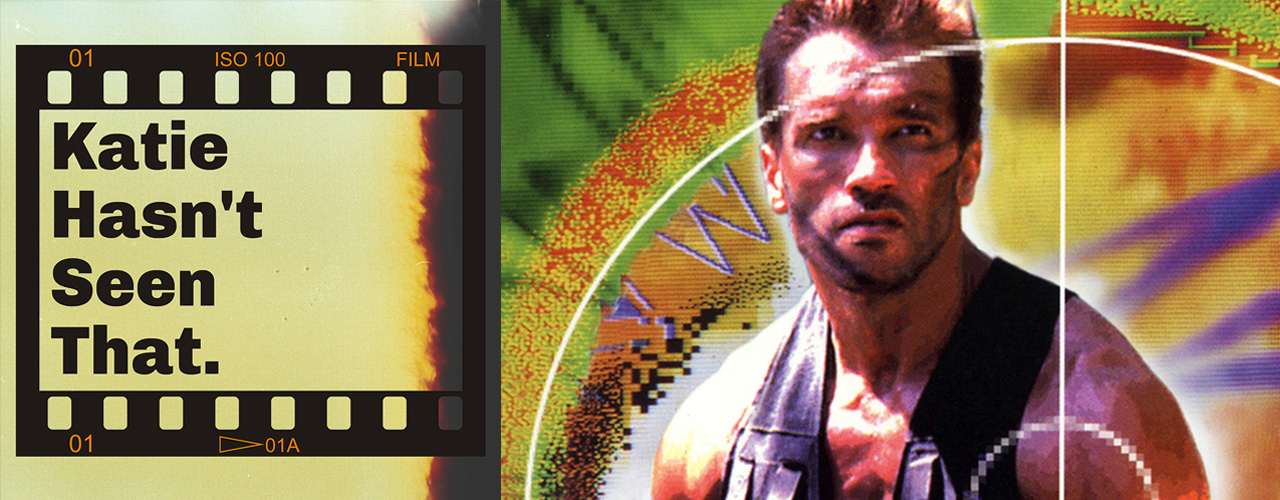

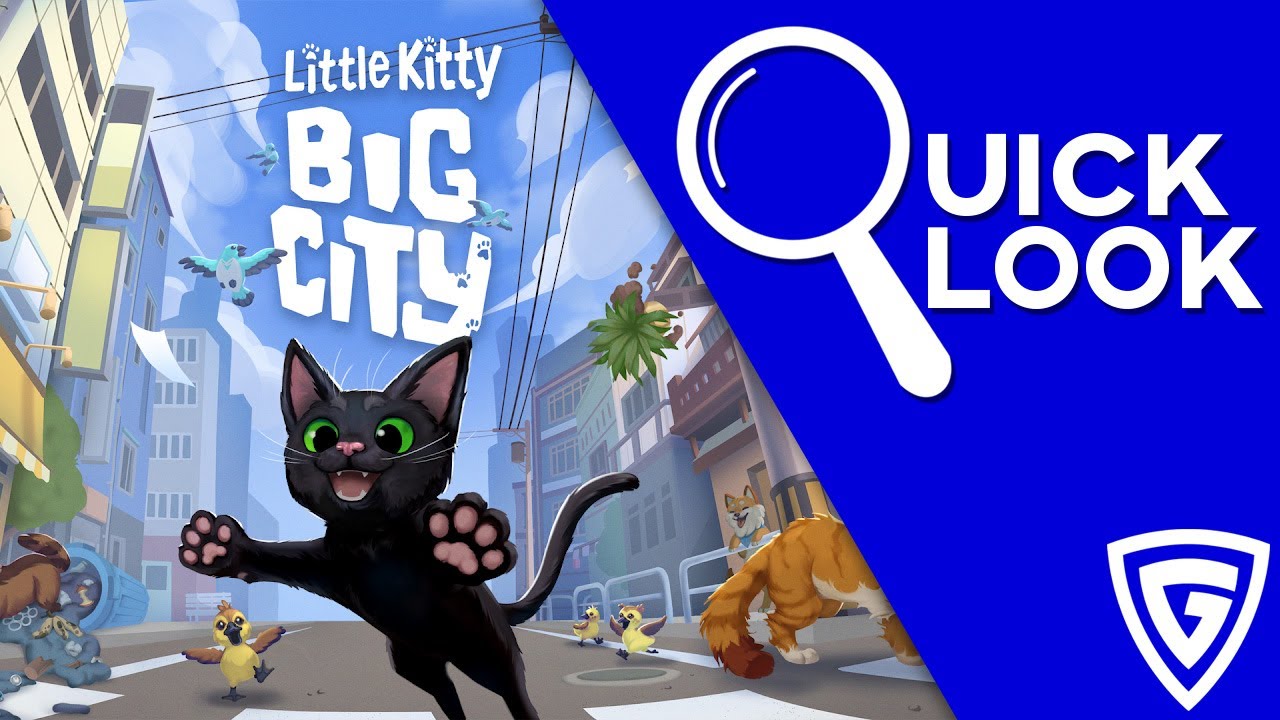
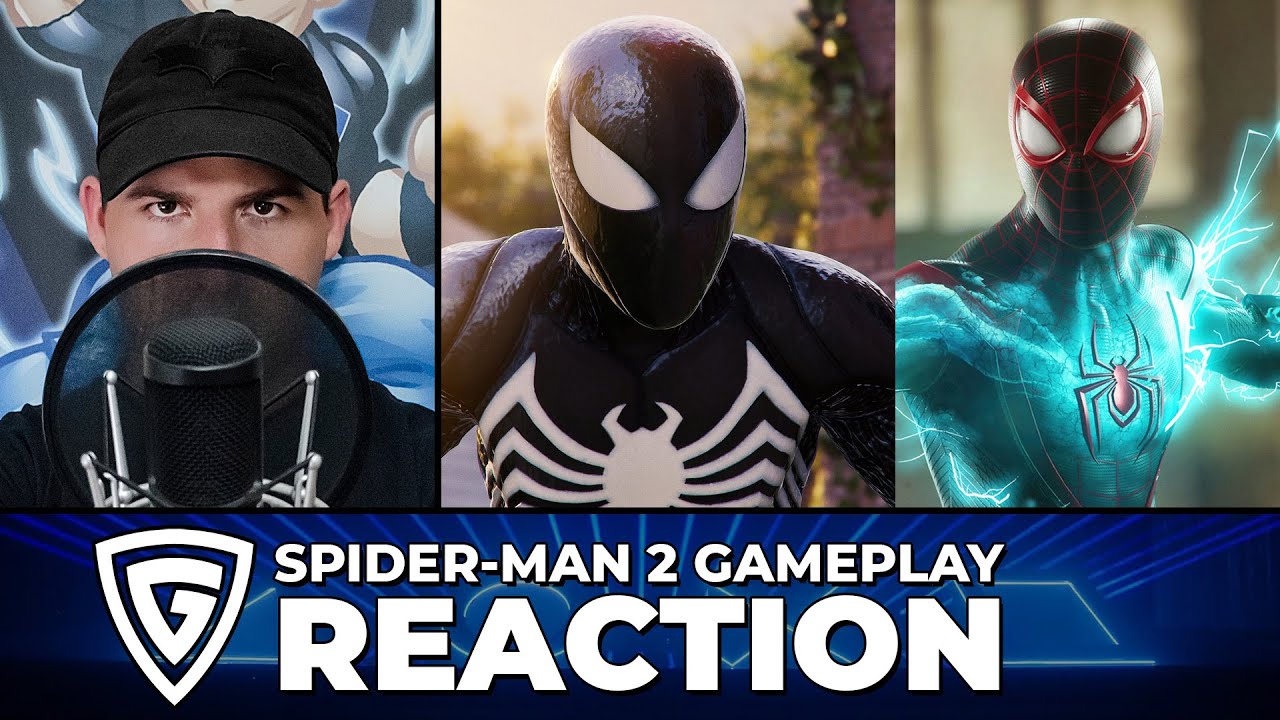
Add comment